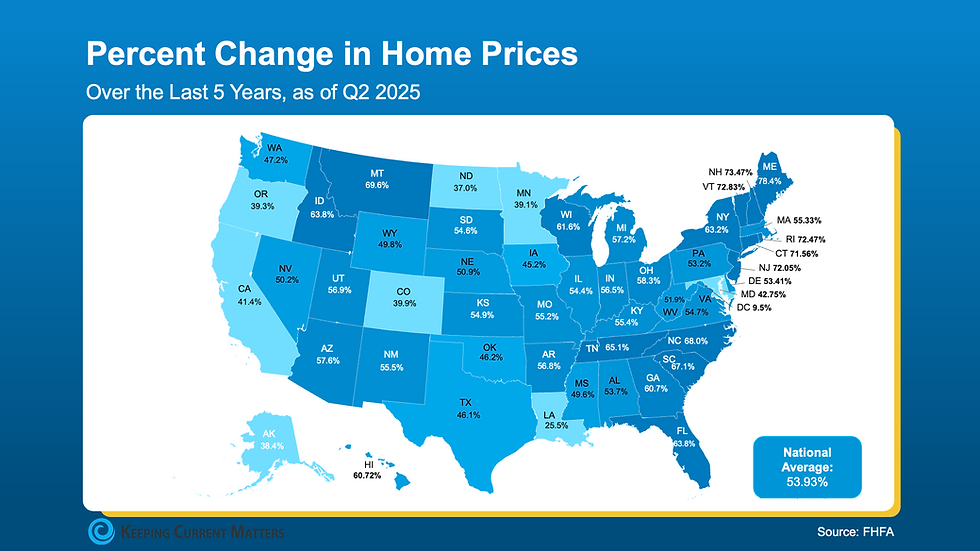Tax-Assessed Value vs. Market Value: Why Knowing the Difference Matters
- grace264
- May 20
- 2 min read

Many homeowners have opened their property tax bill and thought, “Is this really all my house is worth?” That reaction is understandable—but it also highlights a common misunderstanding: tax-assessed value and market value are not the same. And if you’re buying or selling a home, understanding the difference is absolutely crucial.
In this article, we’ll explain what each of these values really means and how they can impact both buyers and sellers.
What Is Market Value?
Market value refers to the price a buyer is willing to pay and a seller is willing to accept under current market conditions.
It’s not based on just square footage or location—it’s determined by a combination of factors, including:
Condition of the property and lot size
Number of bedrooms, quality of finishes, and renovations
Recent sales of similar homes in the area (“comps”)
Supply and demand in the local market
Neighborhood appeal, school zones, commute, and amenities
Market value is what agents use to set a listing price or recommend an offer price. Ultimately, the negotiated sales pricebecomes the true reflection of a home’s market value.
What Is Tax-Assessed Value?
The tax-assessed value is what your local government—typically the county—uses to calculate property taxes. Assessors use a different set of data to arrive at this figure, including:
Recent sales of similar properties
The home’s condition and any recent improvements
Potential rental income (for investment properties)
Rebuilding cost estimates (in case of damage)
This value is then adjusted based on local tax exemptions (like a homestead exemption) and assessment ratios, which are usually around 80–90% of the estimated market value.
Example: If your home’s market value is $500,000 and your county uses an 80% assessment ratio, your tax-assessed value would be $400,000, which is then used to calculate your annual property taxes.
Why This Difference Matters
In many areas, including Illinois, tax-assessed values often lag behind actual market value. That’s because there are legal caps on how much assessed values can increase annually, even if market prices rise quickly.
So how can this work to your advantage?
For Sellers:If the assessed value is high, it can help justify your asking price.Example: “The assessed value is already $310,000, so my list price of $320,000 is reasonable.”
For Buyers:If the assessed value is low, it can be a negotiation point.Example: “The tax-assessed value is only $260,000—why are you asking $300,000?”
However, in today’s competitive market with limited inventory, assessed value alone may not carry much weight. Buyers are often competing over homes, and offers tend to reflect market dynamics more than tax data.
The Bottom Line: The Agreed-Upon Price Is What Really Matters
Both tax-assessed value and market value serve as reference points—but the only number that truly matters is the price agreed upon by buyer and seller.
Still, understanding both values can give you an edge when preparing to buy, sell, or negotiate.
Final Thoughts
In a fast-moving market like today’s, it's more important than ever to know your home's true market value. Don’t rely solely on your property tax statement to estimate your home’s worth.
If you’re planning to buy or sell soon, speak with a local expert to get an accurate assessment and build a winning strategy.
Contact: Hans Han – Chicago BDB
📞 773-717-2227






Comments